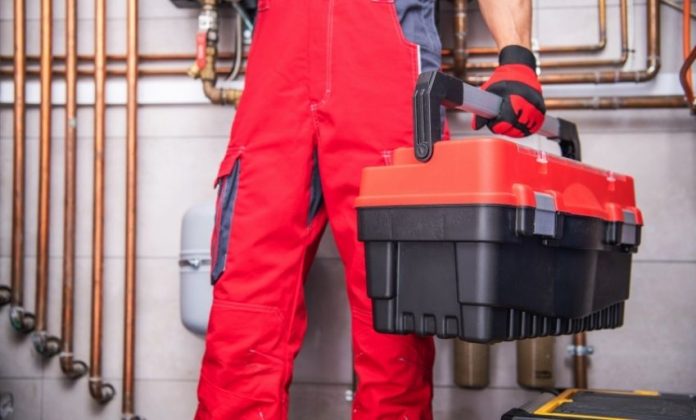Winter is coming faster than you may expect. Wherever you live, it’s important to understand and follow the proper safety procedures to avoid any serious harm from the colder weather. Fortunately, these colder weather safety tips for older adults are a great guide to overcoming the seasonal difficulties.
Prepare the Home
One of the safest and easiest ways to prevent a winter incident is to prepare your home for the upcoming season. There are many ways to do so. Since hypothermia and frostbite are two of the biggest safety concerns in the winter for older adults, the first thing is to seal off all cold drafts to ensure proper insulation. Have a professional inspect the HVAC system so that you stay warm and comfortable. Since winter conditions are icy, schedule a professional snow removal service so that you don’t need to worry about it.
Dress Appropriately
Also, dress appropriately. It goes without saying that winter is the time to bundle up. Layers are your best friend in protecting you from colder weather. As wind, breezes, snow, ice, and slush buildup occur, you never want to expose your body to the elements. Be smart and dress for the weather. Long sleeves, heavy jackets, hats, gloves, long pants, snow boots, and, most importantly, layers, will save you from hypothermia. Wearing layers of winter clothes can also provide extra padding in case of a fall.
Travel Smart
Another basic cold weather safety tip for older adults is that they must travel smart. Never drive during rough conditions. For example, if there’s a snowstorm or it’s too dark to see around you, it’s a bad time to drive. One of the most serious winter driving risks is black ice. Do your best to avoid driving at any time. If you need to drive somewhere, find a time with light or no snowfall and during sunlight. If possible, have someone else drive you if you’re uncomfortable doing so yourself.
Check the Weather
Finally, check the weather every morning so that you know what to expect from the day. Although the weather can change throughout the day, it’s important to stay on top of weather patterns so that you avoid any serious risks. You never want to be out during high winds or heavy snowfall if you can avoid it. Even if it doesn’t snow, temperatures can be so low that even brief exposure puts you at risk of frostbite. Stay vigilant and check the weather daily.
























